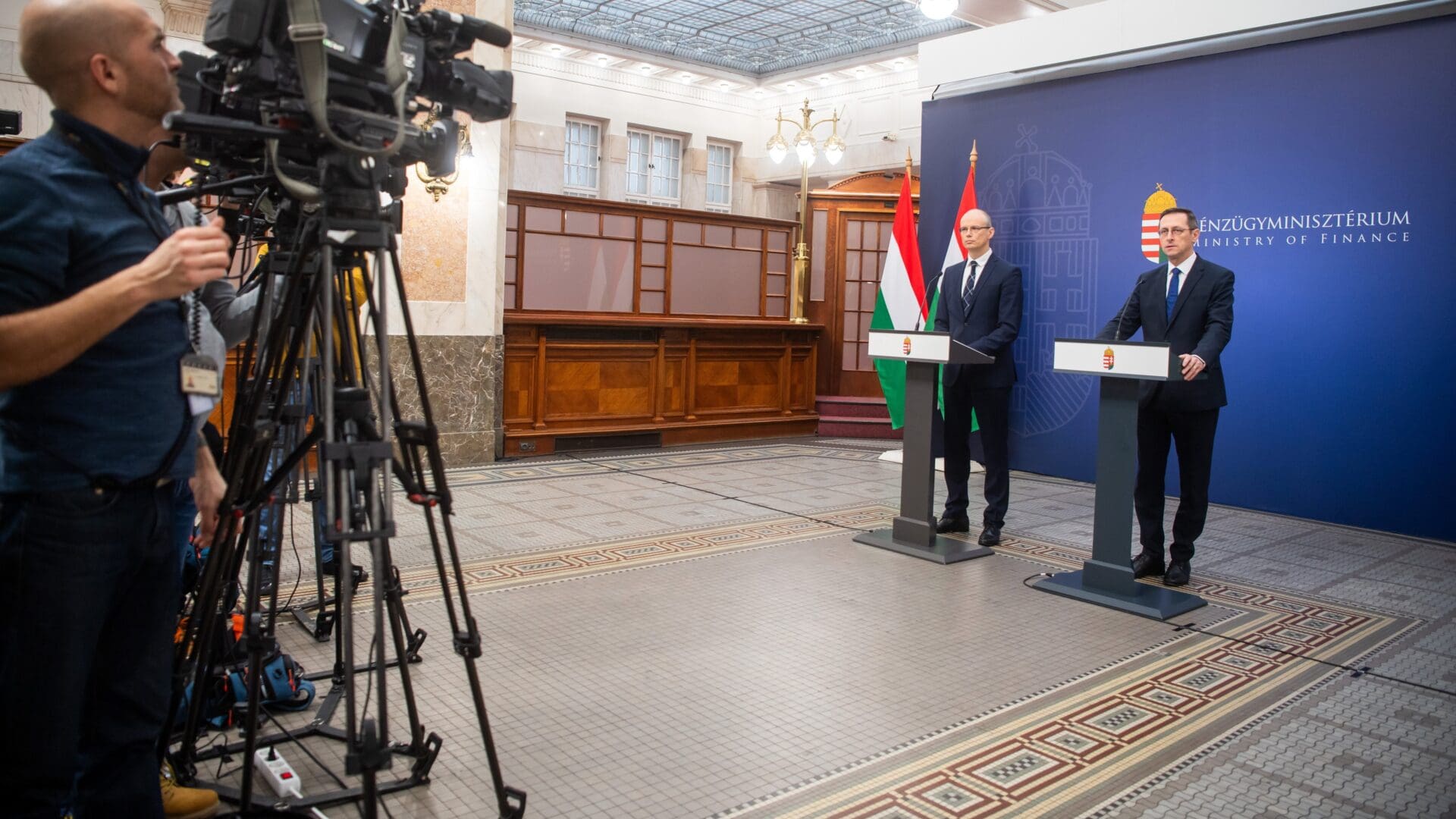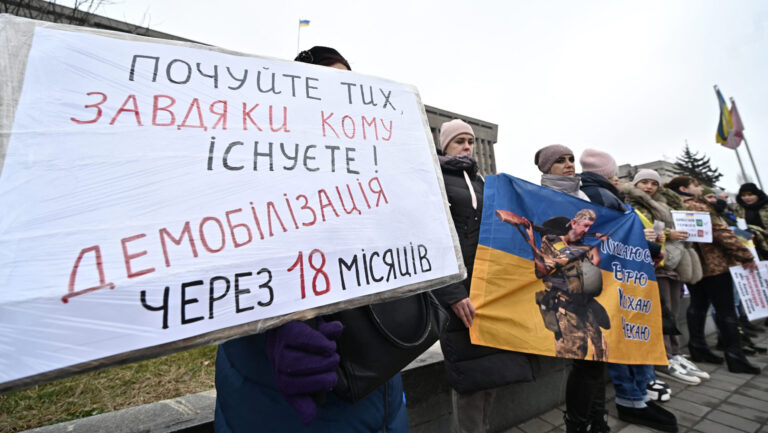Hungary has recently received an additional 170 billion forints in European Union funds, as announced by Finance Minister Mihály Varga on Tuesday, 2 January via his Facebook page.
According to the minister’s briefing,
this brings the total amount of EU funds allocated to Hungary in the past days to a substantial 470 billion forints.
Last Thursday witnessed a transfer of €779.5 million (equivalent to 300 billion forints) from the recovery funds. Additionally, on Tuesday, a further €445 million (170 billion forints) were transferred from the EU budget for the period 2021–2027. Out of this sum, €240 million support the Integrated Transport Development Operational Programme Plus, while €205 million contribute to the development of the Economic Development and Innovation Operational Programme Plus, as conveyed by Minister Mihály Varga.
Presenting an overview of the economic landscape,
Varga asserted that this year is dedicated to strengthening economic growth,
with the national budget remaining stable. The government’s primary objectives include further reductions to the deficit and state debt, with the minister expressing confidence in the country’s positive trajectory. Varga highlighted the improved state of public finances in 2023 compared to 2022, anticipating further progress this year. While acknowledging the drastic imbalance in 2022 due to wartime conditions and an energy crisis, he also noted significant improvements last year. Despite facing challenges, the budget financed substantial EU projects amounting to 650 billion forints from the 2023 budget without significant external assistance.
Highlighting positive economic trends, the finance minister pointed out a reduction in the cash flow deficit to 4,593 billion forints, even with increased pension support and growing defence expenditures. The debt to GDP ratio continued to decrease, reaching 73.9 per cent at the end of 2022 and further declining in the following year, outperforming 16 other EU countries.
Minister Varga went on to emphasize Hungary’s robust reserves, exceeding 1,200 billion forints, and reiterated the government’s commitment to improving balance indicators, reducing state debt, and addressing fiscal deficits with the resurgence of economic growth.
Commenting on the successful issuance of dollar bonds, the minister reported the issuance of 12-year maturity dollar bonds worth $2.5 billion
, receiving offers totalling $5.6 billion. The strong investor interest signifies sustained confidence in the Hungarian economy, ensuring diversified financing for the country’s debt. Hungary maintains investment-grade ratings across all major international credit rating agencies, reflecting ongoing trust in the Hungarian economy. The minister highlighted the significant reduction in foreign ownership of the country’s debt over the past decade; and informed all that no substantial modifications to the financing plan are anticipated in the next 5–6 months.
Responding to inquiries, Minister Varga confirmed the government’s projection of approximately 3.6 per cent GDP growth for the current year and outlined the fiscal targets for the 2024 budget, setting a deficit target at 2.9 per cent of GDP, emphasizing the commitment to maintaining this goal. Regarding the Hungarian National Bank (MNB), the minister affirmed the government’s respect for the central bank’s operations, citing recent interest rate decisions that strengthened confidence in the economy. He emphasized the central bank’s role in contributing to the swift reduction of inflation. Additionally,
Varga shared that the capital city of Budapest received a 10-billion-forint subsidy for public transportation in 2023.
Related articles:
Source: Hungarian Conservative/MTI








